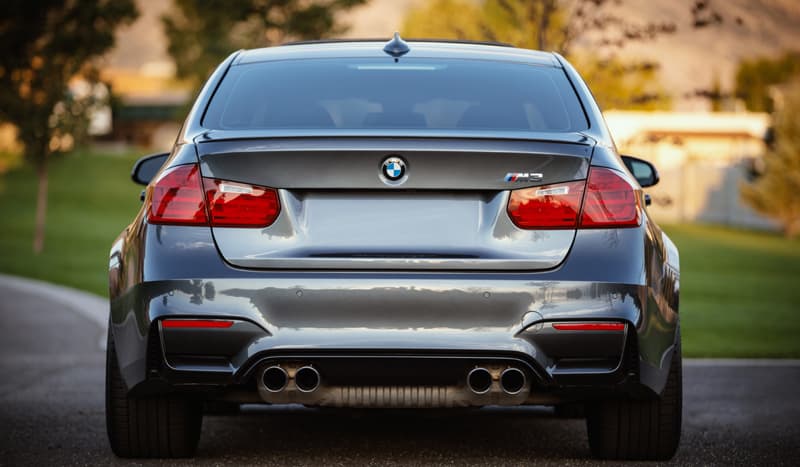How Does Car Financing Work?

If you are looking for a car loan, you want to get the best deal you can. Check out our guides for great advice.
In recent years, the majority of car dealers will offer you car financing in one form or another. Car financing is a source of potentially huge profits for dealerships and in many cases, their salespeople will have been instructed to push financing options to every customer that walks through the door. If you are looking for car financing, the vast range of products on offer can be very confusing and you may have problems finding the best car financing deal for you. It is also worth noting that car financing deals are very rarely the cheapest option to go for, and in some cases, credit cards, personal loans or other forms of borrowing money may be a more cost-effective solution.
PPI
However, if you have decided that car financing through a dealership is the right option for you, you will need to know how car financing works and any negative aspects of car financing that you may need to be aware of. The first thing to consider is PPI (payment protection insurance). Many dealers will automatically include PPI in their car finance quotes. PPI will cover your car finance payments should you find yourself in the situation where you are unable to work due to sickness or unemployment.
Although PPI can be a great safeguard measure to protect yourself against unforeseen circumstances, it can be very expensive and it often provides only limited cover, therefore it is not suitable for everyone. In particular, many PPI plans will generally not cover you if you are self-employed or you are working on a contract. Additionally, insurance companies will usually not pay out if you have a pre-existing illness that is preventing you from working. To this end, it is vitally important to check any clauses in PPI plans before you purchase them.
Check What Is Included
In the majority of cases, it is recommended that people do not take out car financing plans with PPI automatically included in them, unless you have read the small print and are happy with the level of cover provided and the amount you will be paying over time. However, you may wish to take out insurance elsewhere to cover yourself in the event of sickness or unemployment; and this can work out to be a very cost-effective way of protecting yourself.
Typical Rates
Typically speaking, car financing will be offered at rates of between around 7% and 13% APR (this can differ widely, depending on the dealership and in some cases your credit score/payment history). You will generally be required to pay an initial deposit; this is usually a minimum of 10 % of the car's overall price. Using car financing, you will then pay off the remaining amount, including any interest that accrues, in monthly instalments. Additionally, you will find that car financing usually involves a one off administration fee to cover the first payment and usually an 'option to purchase' fee with the final payment.
Contracts
If you do opt for car financing, it is very important to remember that you will not actually own the car until the end of the car financing contract. During the time that you are paying for your car, you won’t be able to sell or modify it without first obtaining the lender's permission. Also, car financing can prove to be a very expensive option over time, so you should investigate other funding options before you make a final decision. However, if you are unable to pay a large deposit and you have a good credit score, you may be able to secure a very cost-effective car financing deal to help you pay for your new vehicle.
You Might Like
How To Reclaim PPI
If you want to reclaim PPI but don't know where to start read our guide to get you on your way.How Does A Guarantor Loan Work?
If you need to borrow money, then you may have come across a guarantor loan before? Want to know how they work?How To Reclaim PPI
Find out how to reclaim PPI through our informative article. Quick and easy advice.PPI Claims Deadline Set
A PPI claims deadline has now been set. You effectively have a further two years to make a claim. What does this mean and should you make a claim?How To Finance A Car With Bad Credit
Finance a car with bad credit can be tricky if you have a poor credit history, find out how about financing in this useful article
Useful Websites
- AutoLoanCalculator.org
Online calculation tool to help you estimate the cost of purchasing an automobile. - CarLoanCalculator.org
Offers free calculators to shoppers who need help calculating their monthly car loan payments. - Best UK Loans
Shop around for the best personal loan rates. Secured and unsecured loans for any purpose including home improvements, new car or holiday. - Logbook Calculator
Borrow money with your car as the security regardless of your credit rating. Log Book Loans have increased in popularity in the UK, so check our site out to see what you can borrow now. - Add Your Website Here